automobile casting components
Automotive castings refer to the process of manufacturing metal components and parts for vehicles using casting techniques.
These parts are typically produced through casting processes, pouring molten metal into a mold or die to create the desired shape and form.
DSW is a diversified manufacturing company that produces various automotive components, including auto die castings.
We specialize in aluminum casting technologies and provide various casting solutions for engines, transmissions, and structural components.
Automobile casting parts offer a range of distinct advantages, including significant weight reduction, exceptional performance characteristics, heightened manufacturing efficiency, superior surface quality of castings, and precise dimensional accuracy.
Features
1. Lightweight: Aluminum is significantly lighter than other commonly used metals, such as iron or steel. This lightweight property of aluminum castings helps reduce the vehicle’s overall weight, which can contribute to improved fuel efficiency, handling, and performance.
2. High Strength-to-Weight Ratio: Although lightweight, auto die castings exhibit excellent strength. They offer a high strength-to-weight ratio, meaning they can provide structural integrity and performance while keeping the weight of the component relatively low.
3. Excellent Thermal Conductivity: Aluminum has excellent thermal conductivity, allowing it to dissipate heat generated by the engine or other systems effectively. This feature is particularly beneficial in components like cylinder heads or engine blocks where efficient heat transfer is crucial for optimal performance and durability.
4. Corrosion Resistance: Aluminum castings have inherent corrosion resistance, making them suitable for automotive applications that may be exposed to moisture, road salts, and other corrosive elements. This property helps enhance the longevity and reliability of the components.
5. Design Flexibility: Automotive casting processes, such as die casting or investment casting, offer excellent design flexibility. This allows for creating complex shapes, intricate details, and thin walls, enabling designers to optimize component performance and functionality.
6. Good Machinability: Die casting automotive parts are relatively easy to machine, providing flexibility in post-casting processes such as milling, drilling, or threading. This makes achieving precise dimensions and tolerances required for proper assembly and integration of the casting into the final product easier.
7. Recyclability: Aluminum is highly recyclable, which aligns with the growing focus on sustainability and environmental considerations in the automotive industry. The ability to recycle aluminum castings helps reduce energy consumption and minimize the environmental impact of manufacturing processes.
These features make automobile casting parts desirable for various applications, including engine components, transmission parts, suspension systems, and body structures, where weight reduction, strength, and performance are critical factors.
Automotive Applications
Aluminum is widely used in automotive parts due to its lightweight, durable, and thermally efficient properties. It’s found in engine components, body panels, frames, and wheels, which reduces vehicle weight and enhances fuel efficiency. For electric vehicles, aluminum also serves as a safe and heat-dissipating material for battery enclosures. Overall, aluminum’s strength, corrosion resistance, and recyclability make it ideal for modern, eco-friendly automotive designs.


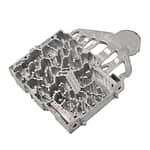
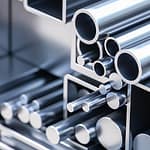
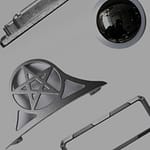
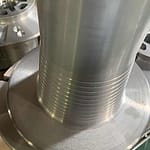
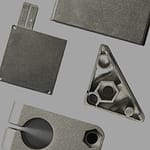
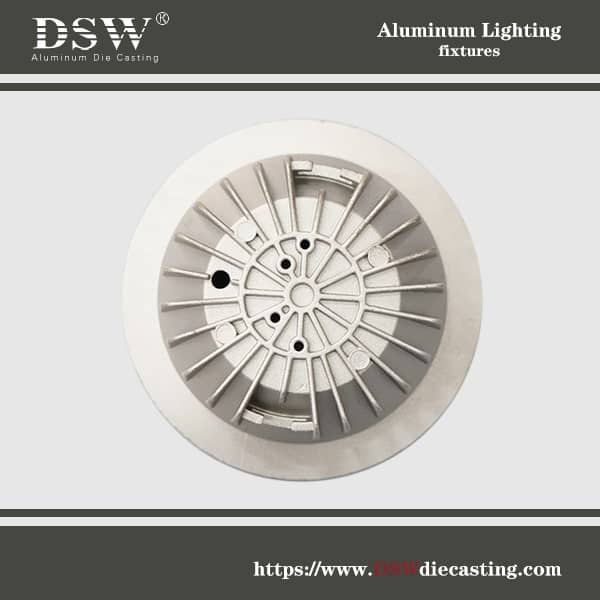
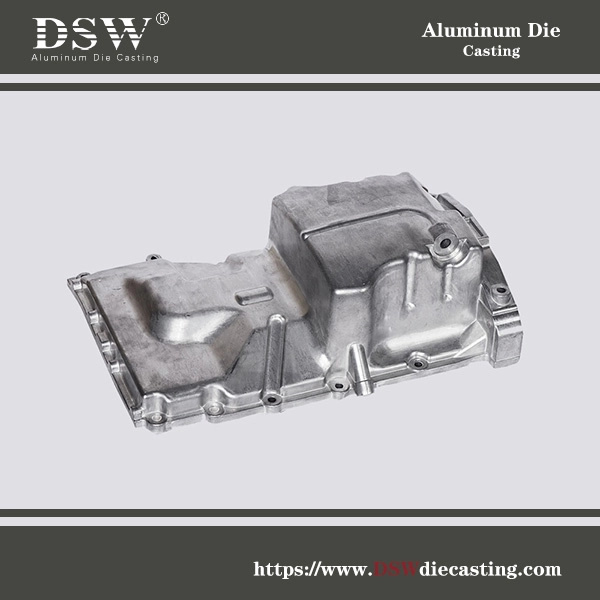
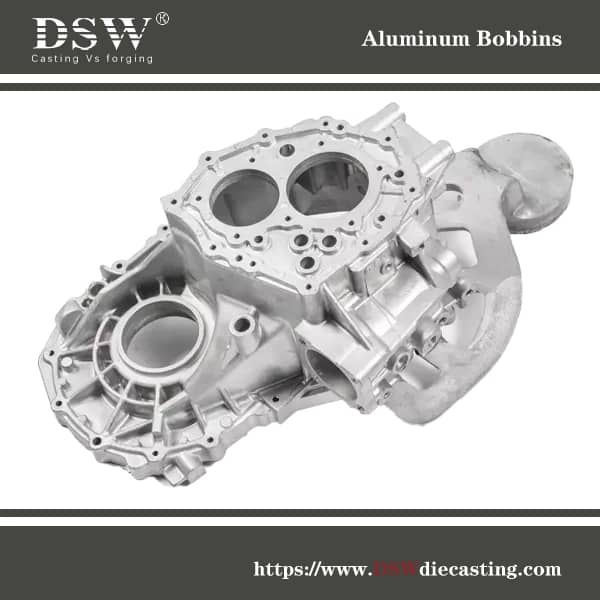
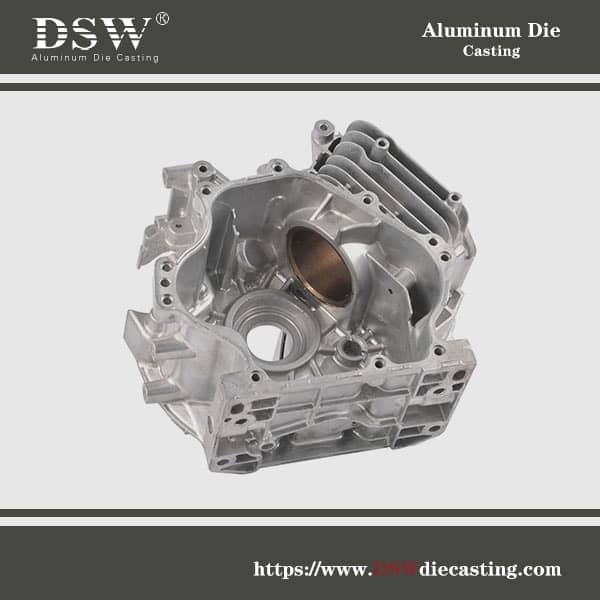


Reviews
There are no reviews yet.